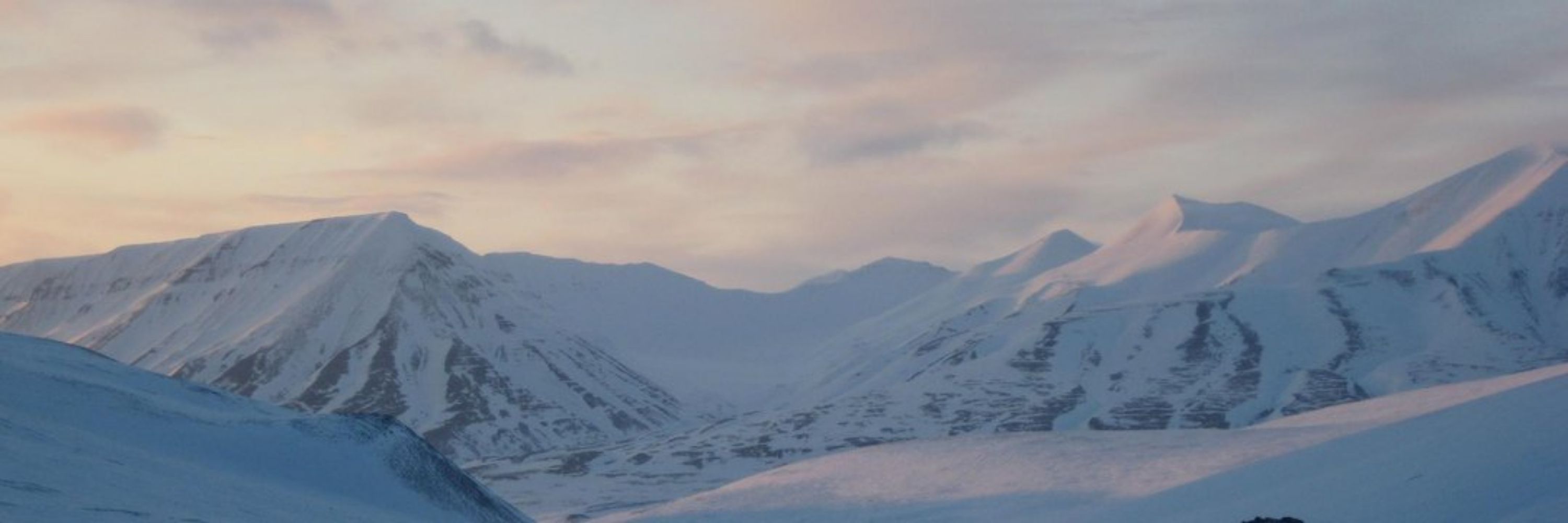
Chris Parker
@chrisjparker.bsky.social
Senior Analyst, climate science and data lead @thecccuk.bsky.social - UK Climate Change Risk Assessment. "that uk hydrologist guy who knows about extremes"
Hydrologist and climate scientist. Opinions are my own.
Hydrologist and climate scientist. Opinions are my own.
Do you have a chart of the GHG emissions profile out to 2100? I am guessing this is unreasonable consistent with the latest UN gap report conditional NDCs +all net zero pledges. The amount of removals needed makes me sceptical regarding the actual feasibility.
November 6, 2025 at 3:29 PM
Do you have a chart of the GHG emissions profile out to 2100? I am guessing this is unreasonable consistent with the latest UN gap report conditional NDCs +all net zero pledges. The amount of removals needed makes me sceptical regarding the actual feasibility.
Just clicked the link - the answer is yes!
November 6, 2025 at 3:07 PM
Just clicked the link - the answer is yes!
To clarify, are you referring to 1.5°C by 2100 and therefore an overshoot scenario?
November 6, 2025 at 3:05 PM
To clarify, are you referring to 1.5°C by 2100 and therefore an overshoot scenario?
Thanks Zeke! This is very helpful.
September 16, 2025 at 10:55 AM
Thanks Zeke! This is very helpful.
Amazing! I have sent you an email.
September 16, 2025 at 10:49 AM
Amazing! I have sent you an email.
Found the quote, thanks. It references this paper using the median of the UN gap report scenario set to define future rates if warning. Having looked at that dataset the median won't include uncertainties in aerosol forcing or ECS.
iopscience.iop.org/article/10.1...
iopscience.iop.org/article/10.1...
June 28, 2025 at 9:54 AM
Found the quote, thanks. It references this paper using the median of the UN gap report scenario set to define future rates if warning. Having looked at that dataset the median won't include uncertainties in aerosol forcing or ECS.
iopscience.iop.org/article/10.1...
iopscience.iop.org/article/10.1...
Did you share the wrong paper? I couldn't find the quote and the paper doesn't look at global climate models.
I agree the place to look is a comparison between observed and modelled ocean heat content. Struggled to find recent work on this but I assume it exists.
I agree the place to look is a comparison between observed and modelled ocean heat content. Struggled to find recent work on this but I assume it exists.
June 28, 2025 at 9:12 AM
Did you share the wrong paper? I couldn't find the quote and the paper doesn't look at global climate models.
I agree the place to look is a comparison between observed and modelled ocean heat content. Struggled to find recent work on this but I assume it exists.
I agree the place to look is a comparison between observed and modelled ocean heat content. Struggled to find recent work on this but I assume it exists.
Thanks, John! I really appreciate these summaries. I expect moderate acceleration from increasing forcing, but also a wider range of internal variability as the climate warms - making 23/24 tricky to unpack.
June 28, 2025 at 7:46 AM
Thanks, John! I really appreciate these summaries. I expect moderate acceleration from increasing forcing, but also a wider range of internal variability as the climate warms - making 23/24 tricky to unpack.
New infrastructure should be climate resilient from the Inception. HS2 and Sizewell are reasonable examples for flood risk. There are embedded processes that are starting to address this but they are often superficial and don't go far enough. Certainly more needs to be done.
June 19, 2025 at 5:26 PM
New infrastructure should be climate resilient from the Inception. HS2 and Sizewell are reasonable examples for flood risk. There are embedded processes that are starting to address this but they are often superficial and don't go far enough. Certainly more needs to be done.
evidence suggests it does little to manage large floods in big catchments. We need a combination of engineered and natural solutions thinking holistically at catchment scales. Unfortunately flooding is extremely complex - every catchment and every flood event is different with no simple solutions.
June 19, 2025 at 5:19 PM
evidence suggests it does little to manage large floods in big catchments. We need a combination of engineered and natural solutions thinking holistically at catchment scales. Unfortunately flooding is extremely complex - every catchment and every flood event is different with no simple solutions.

